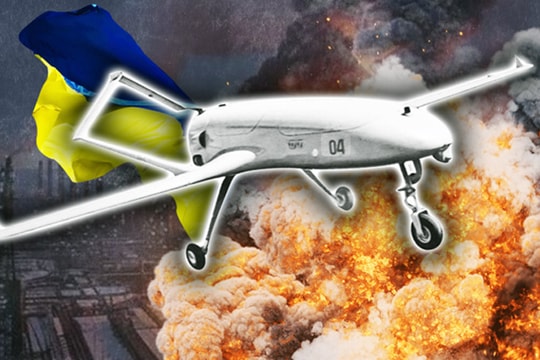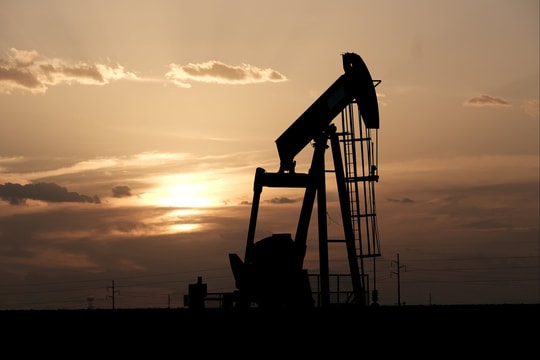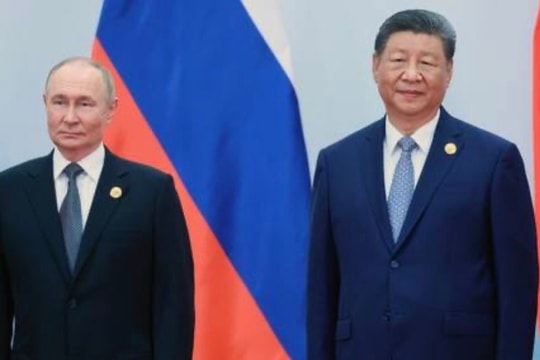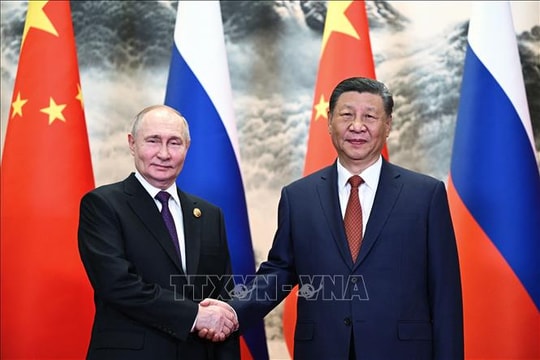German newspaper talks about Russia's 'European dream'
Mr. Reinhard Krumm, Head of the Friedrich Ebert Foundation office in Vienna, said in an article published in the Frankfurter Allgemeine Zeitung about the European dream that was destroyed by Russia.
As Krumm notes, the European Union hopes that Moscow will face insurmountable difficulties and then “back down,” but this does not correspond to reality.
He does not believe that the Russian economy will collapse, as the West has predicted for years. This raises doubts about the notion that sanctions are an effective means of changing the Kremlin’s course, Krumm said. While sanctions have put pressure on the Russian economy, it is actually quite stable, as evidenced by rising oil prices and solid macroeconomic policies.
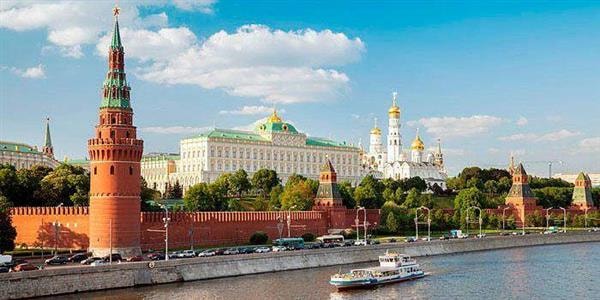 |
| Capital of Russia. |
He also pointed out that disarmament agreements have been broken, and that the current EU-Russia neighbourly relations "cannot be called safe, stable or prosperous".
The head of the Vienna Office also said that the risk of serious crises due to miscalculations and related misconduct has increased significantly in recent years.
“Russia is acting and using its military power to challenge the West. Moscow’s willingness to take risks is very high, as is its sense of equality,” he analyzed clearly.
The author of the article argues that the goal of ensuring pan-European security cannot be achieved if the previous policy is continued. It is unrealistic to expect Russia to surrender due to political and economic difficulties and return to the West.
Krumm also advised the European Union to be clear about its interests in European security policy and take the initiative in negotiations.
“The unstable state of European security makes it inevitable for the EU to negotiate with Russia to reduce the risk of tensions in Europe and initiate the stabilization process. In addition to the EU and Russia, the interests of countries that have faced increasing threats in recent years, including Ukraine, should be included in the strategy, which is being developed,” the fund’s representative wrote.
According to Mr. Krumm, only then will it be possible to talk about the issues identified by the EU in the latest joint statement on Russia - health, climate, environment and the role of civil society.

